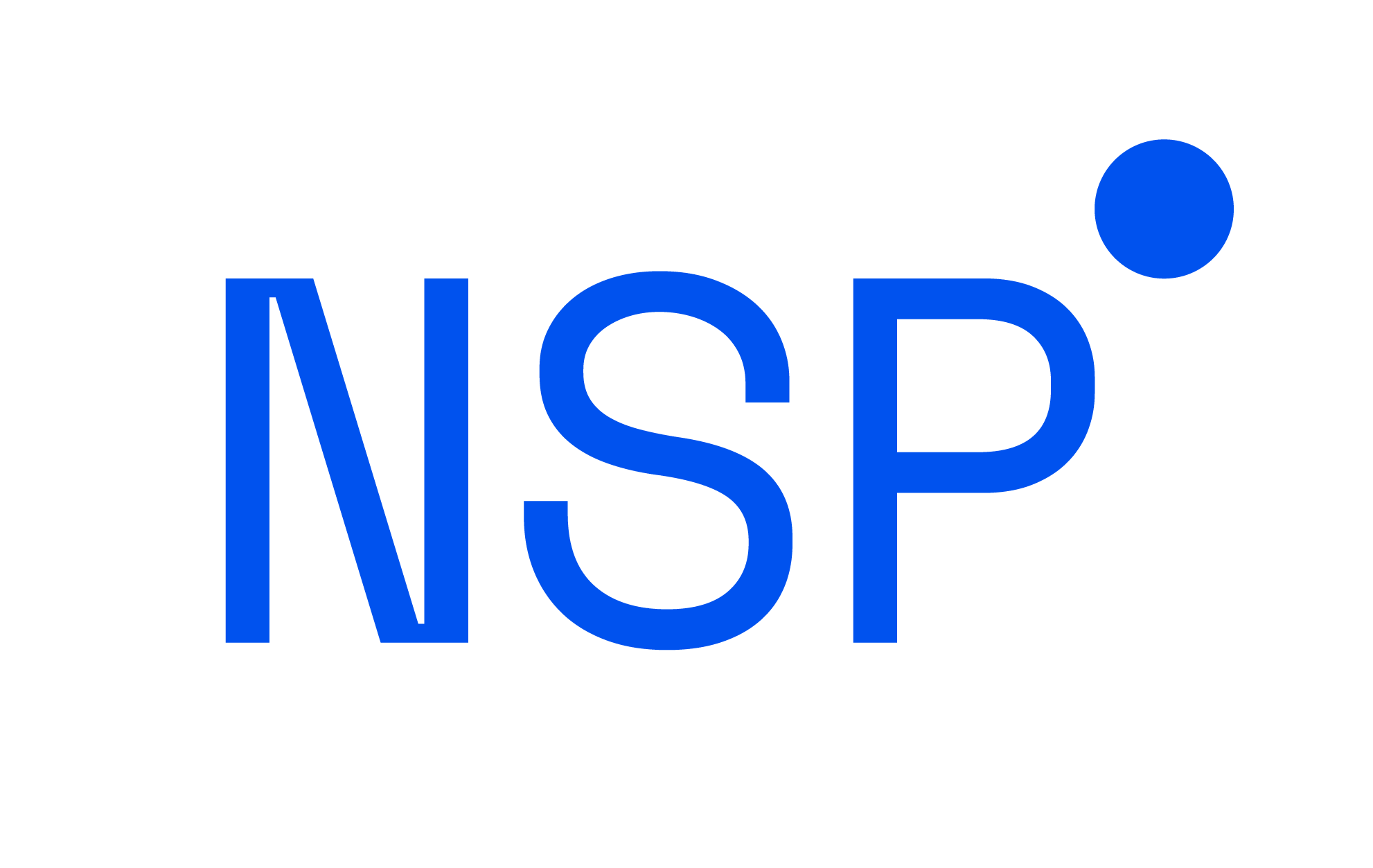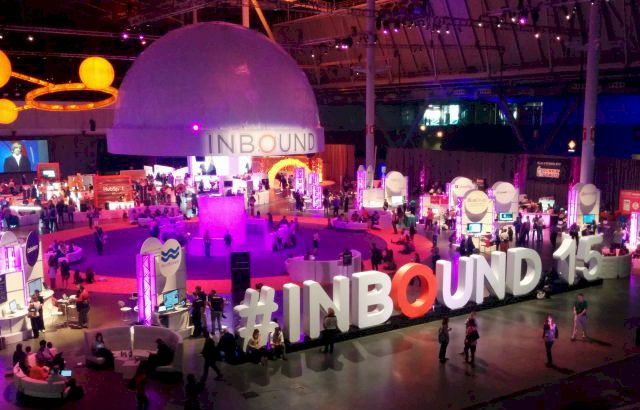
“I’m not sure what the question is, but the answer is Yes”
The #INBOUND15 saw Seth Godin on stage to open the dance with an inspiring and thoughtful keynote. 14,000 marketing-hungry professionals attended the 4-days long conference, interacting for twelve hours a day.
To sum up, the event organized by Hubspot was all about connecting and networking. Bold talks, training, new features presentations and keynotes: here you can find the 3 major takeaways we brought back home from #INBOUND15.
Hopefully, you made it to the most important inbound marketing event out there. It was not all roses (i.e. the long lines and full rooms that forced many attendees to change their agenda at the very last second), but our overall opinion about #INBOUND15 is definitely positive.
Clearly it'd be pretty difficult to recap the entire week in a single article, but we want to share a few key takeaways, for those who couldn’t be there - or are simply looking for marketing inspiration.
1. INBOUND MARKETING IS A BIG THING
One figure says it all: 14 thousand attendees from all over the world is enough to declare the huge success of the event. Looking at the agenda, you might say that #INBOUND15 has become more than just a marketing conference: Chelsea Clinton, Aziz Ansari, Brené Brown, Amy Schumer have little to do with marketing. They serve the only purpose to make it more appealing and 'fashionable'.
That's true, but the cornerstone of the week was inbound marketing, no doubt about it. Despite some criticism, Boston's Convention Center proved to be a place full of ideas exchange and business networking.
Of course, Hubspot platform and its brand-new features (ads, advanced reporting, Leadin, predictive lead scoring) took the lion's share; but there was plenty of space for sales, content marketing, social media, mobile apps, customer experience and the new rules of digital business.
In the last five years or so, inbound marketing has become the major innovation trend in marketing, disrupting the way companies build meaningful digital customer experience. #INBOUND15 was the definitive recognition of this awareness, with a strong focus on how to identify the value of your brand to involve customers into a narration.
2. CONTENT MARKETING IS STILL UNDERRATED
A fair number of the sessions revolved around content marketing. Is it still important? Is it different after the advent of mobile technology? Most of all, is it still underrated and misunderstood? The answer to all is Yes. The are many die-hard myths and misconceptions about content, SEO and how to run a strategy for websites and social media.
Ann Handley, author of "Everybody Writes", pointed out the three things every brands needs to bring content from good enough to really good to epic and memorable: bigger story, braver marketing and bolder voice. The biggest missed opportunity in content is playing too safe: customers demand smarter and engaging content, and the top challenge is more about the brain than budget.
In "The Power of COS: Using Your Website Effectively in Your Inbound Marketing Strategy", Hubspot's Jeffrey Vocell identified the key factors to evolve and make the web presence really customer-centric. Relevance, speed, weight and security have become critical in the mobile era, and you must go for:
a) Quality content; b) ready for visitors always, anywhere; c) relevant for different buyer personas; d) SEO optimized, UX-savvy and fully usable.
And talking about SEO, Bill King's "The Changing Face of SEO" was spot-on, and pinpointed the problem exactly. Too many entrepreneurs still think optimization the old way, surrounded by myth that don't work with the latest search engine (r)evolutions. Truth is:
- Keywords keep losing influence as Google focuses on other factors.
- More content is not always better. Good content is customer driven, not just keyword focused.
- Link building will not solve all your problems. Are you building positive and valuable relationships?
- To rank 1 for a keyword is useless if you don't get qualified traffic and deliver memorable customer experience across all channels.
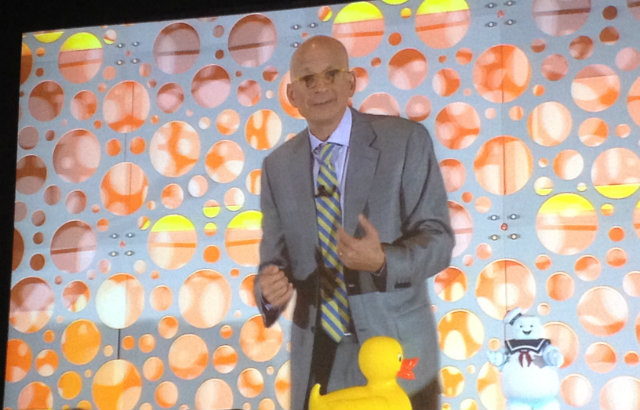
3. WE LIVE AND WORK IN A NEW ECONOMY
Everything has changed in the last 20 years. Everything is still changing around us, right now. Customers already know this; now companies need to acknowledge the revolution. Two keynotes outlined this new economy: Seth Godin's opening speech and R "Ray" Wang's keynote about digital business disruption.
At the beginning of this story – our story, brands’ story - we find the Internet. One single invention that leads a revolution in customers behaviors and business environment.
Digital customers, empowered by technology, demand a completely new approach to marketing and sales, where ‘connect’ replaces ‘push’ in building relationships and driving conversions. When the smartphone entered our lives, the idea of time and space were totally rewritten: mobile devices have disrupted the core meaning of network, in the name of omni-presence and constant connectivity.
Let's say it with Godin's words.
What is the definition of success in this new economy?
“Success is not doing what has already been thought or done, not doing what others do or could do. Success is doing something that would make the others say ‘We would miss you if you wouldn’t do it’.”
What is the point of investing time and resources in building a customer experience strategy?
“The new economy of the Internet is not based on what you can make, but on who you can connect with. The point is to make change happens. And it can only happen when you do something that has never been done before. When you take responsibility."
What defines a great entrepreneur or marketer?
“Only a fool does something brand new and says ‘It’s going to work for sure’. We need to maintain both ideas (It might work – It might not work) in our mind at the same time. The way we change the world is by doing something that might not work, not letting the others decide your agenda. Take responsibility.”
Moreover, above all, do we really need an answer to these questions?
“This new economy is not about how to win a race. It is about how we choose to matter. Reassurance is futile. There would never be enough if we rely on it. The question we should always ask ourselves is: How can I make change happen?”
“In the connection economy, we are playing an infinite game. You don’t win. You can just connect and make things together. Together we can create value. When someone misses you and cares about you, that is the original social media. What is marketing now? We don’t do it for clicks and branded nonsense. We do it to help and change things.”


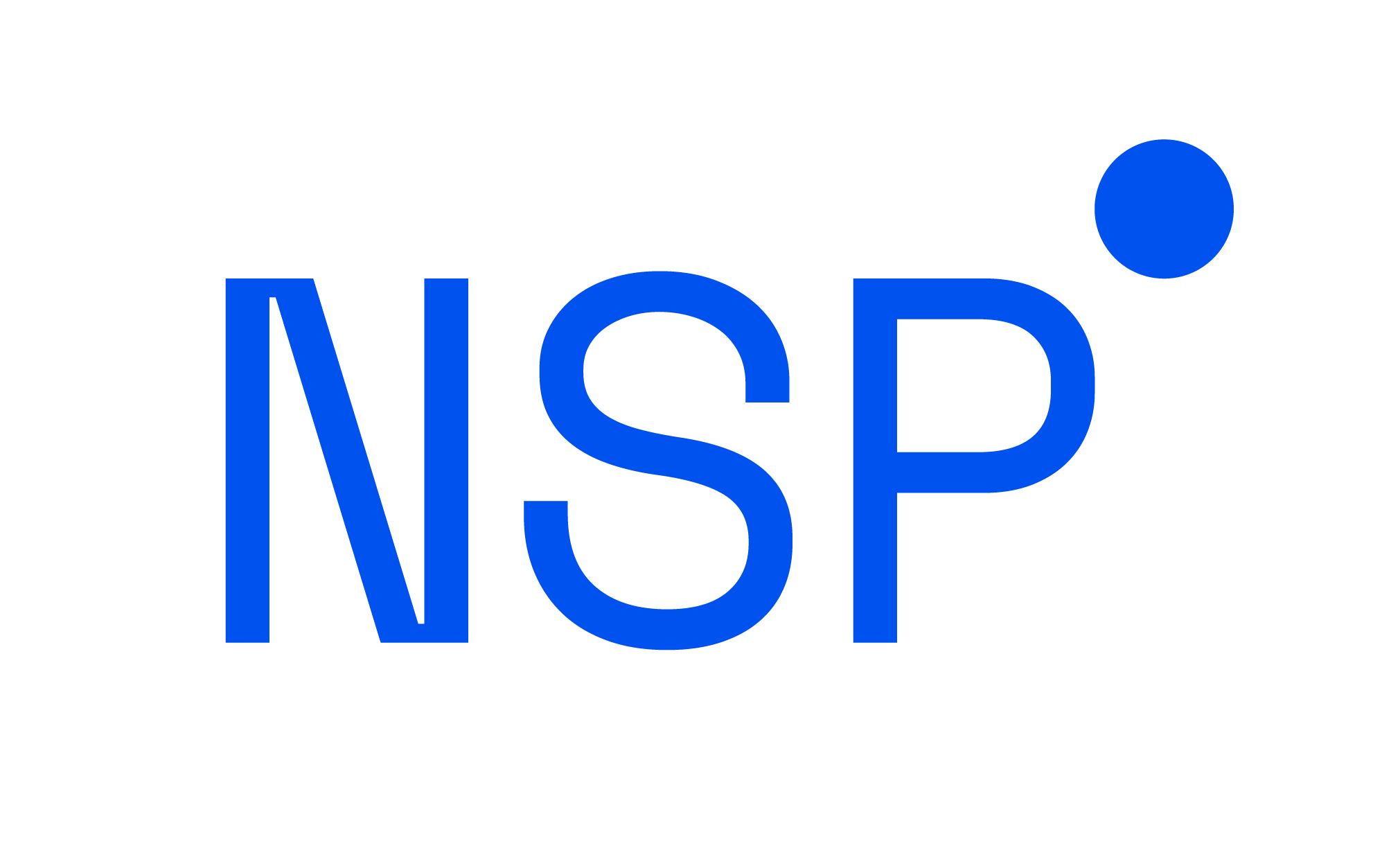
 Your magnifing glass to deeply understand your users and increase the value of each relatonship.
Your magnifing glass to deeply understand your users and increase the value of each relatonship. Listen to the voice of your customers deeply to understand what they truly want.
Listen to the voice of your customers deeply to understand what they truly want. The Lead Generation Platform to get leads from anonymous traffic on your website.
The Lead Generation Platform to get leads from anonymous traffic on your website.  Understand the behavior of people in physical spaces and monitor safety requirements.
Understand the behavior of people in physical spaces and monitor safety requirements.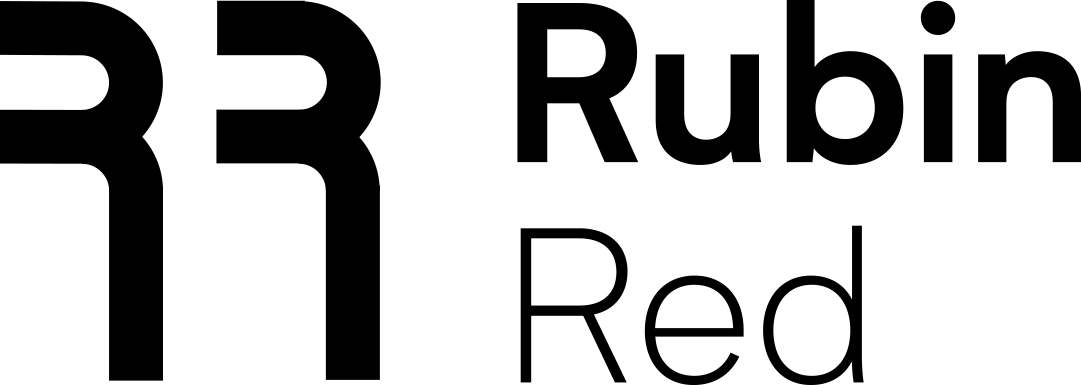 The Digital Commerce Platform designed to follow the most modern technological standards..
The Digital Commerce Platform designed to follow the most modern technological standards.. The XReality platform to tell brand and product stories by connecting physical and digital worlds.
The XReality platform to tell brand and product stories by connecting physical and digital worlds. Points, rewards, levels, badges, missions: a world of nudges to nurture your customer community.
Points, rewards, levels, badges, missions: a world of nudges to nurture your customer community.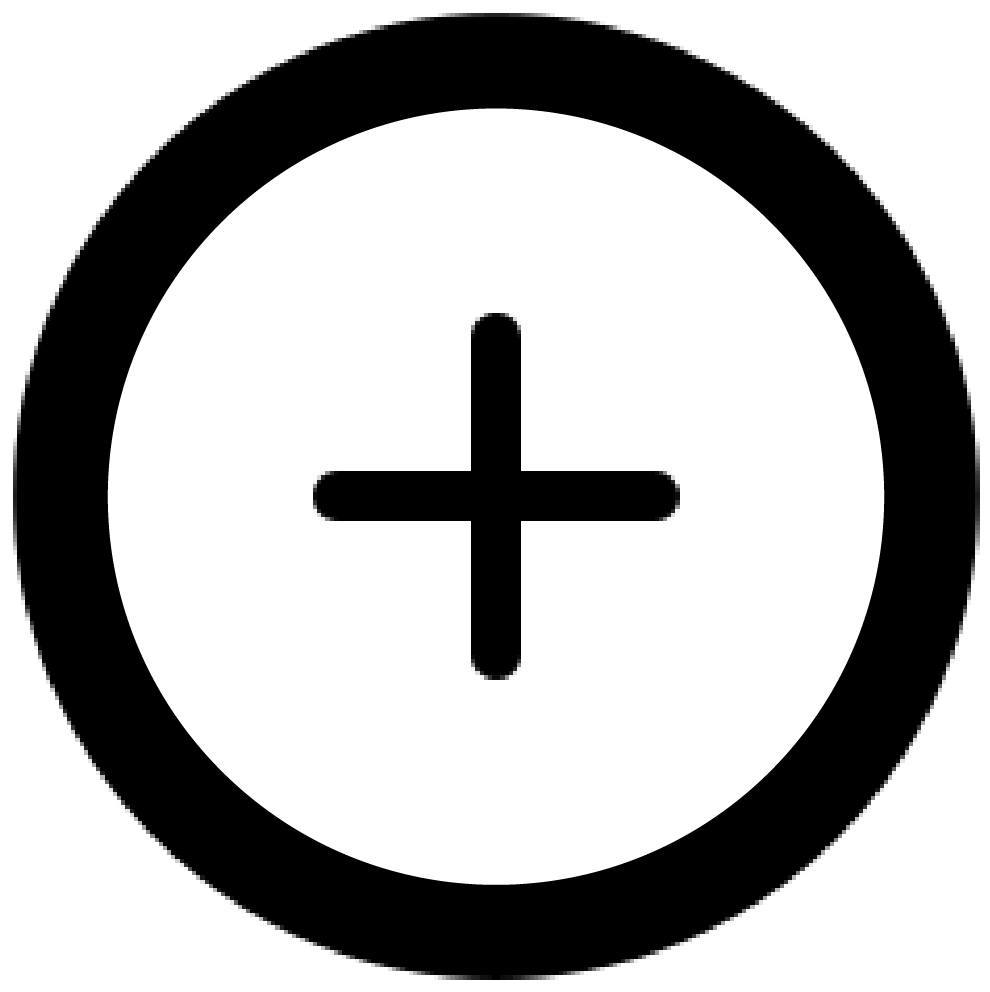 Discover all the other solutions!
Discover all the other solutions!



